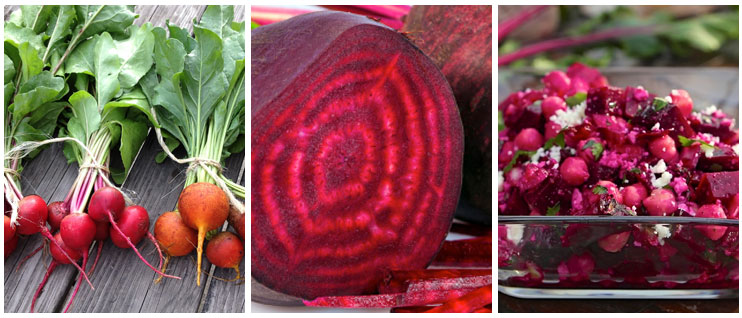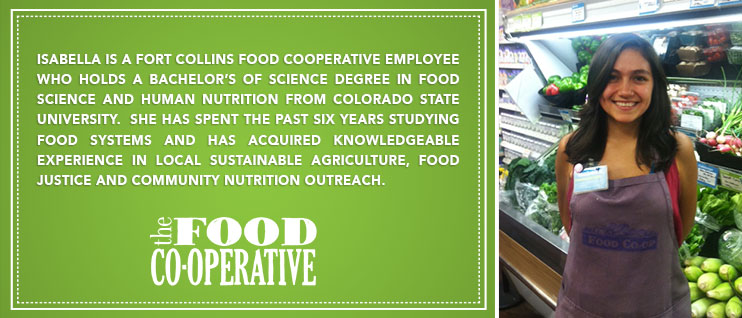It seems as though today the familiar velvety red and earthy beet has lost its glamor. Have many of us just had too many of these roots forced down our throats as children by our parents that the thought of them make us cringe? Perhaps we’ve allowed our fear of beets linger too long into our adults lives and it’s time to rediscover the bright and BEETiful nature of the beet.
Before the beet had its claim as a root vegetable, it was long consumed only for its leaves. It wasn’t until the late 1500s that it was starting to be cultivated for its root, and even then, it wasn’t for another couple centuries that it had positive global recognition. Northeastern Europe was the first area in the world to start cultivating the beet as a stable, seeing its value as being one of the only vegetables to grow through the winter.
Though an incredible value to grow throughout the winter, the beet also has outstandingly positive health effects. Beet root has long been used for its ability to stimulate the liver’s detoxification processes. The compound that gives beets their rich dark color called betacyanin, a pigment, has been thought to suppress the development of some types of cancer. Beet root has been shown to increase the level of antioxidants in our bodies, which also aid in preventing cancer. The beet root is one of the greatest sources of the amino acid glutamine, an essential nutrient to positive intestinal health. Beet roots also aids in the production of nitric oxide, a powerful molecule that increases blood flow and has heart protective properties. The leafy greens that grow on the surface are also chalk full of vitamins, minerals and fiber to keep our bodies happy and strong.
It’s no doubt that these familiar vegetables are good medicine, for our mothers always told us that, but do they stand up as worthy and palatable for consumption? Yes they do! Beet root is as versatile as our beloved potatoes. Roasted with herbs and spices; chopped and thrown into a vegetable soup or stew; shredded raw on salads and sandwiches. How about for a sweet treat in a smooth with bananas, berries and seeds?
At the Fort Collins Food Co-op we know the importance of beets. For much of the year, due to our longer cool vegetable growing season, we carry local, organic beets from our friends at Native Hill Farm. If you’re interested in trying something with a zest, try MM Local’s pickled beets, a Boulder company committed to quality pickled products using local and organic ingredients. Or support the local growing business of Turtle Mountain Tea by trying their vegan beet kim-chi.
In the words of Tom Robbins, “The beet is the ancient ancestor of the autumn moon, bearded, buried, all but fossilized; the dark green sails of the grounded moon-boat stitched with veins of primordial plasma; the kite string that once connected the moon to the Earth now a muddy whisker drilling desperately for rubies.” (Jitterbug Perfume)

